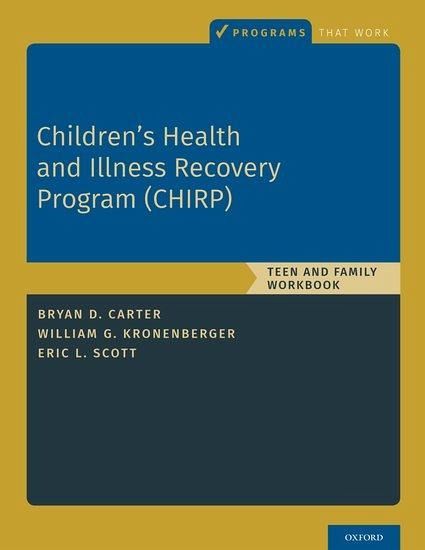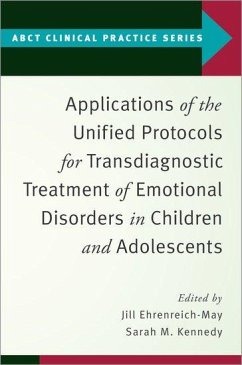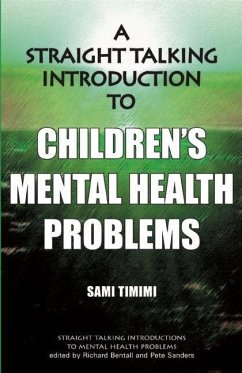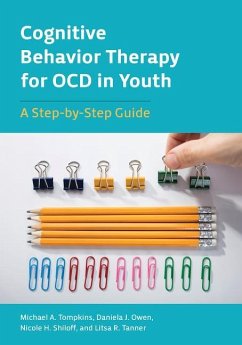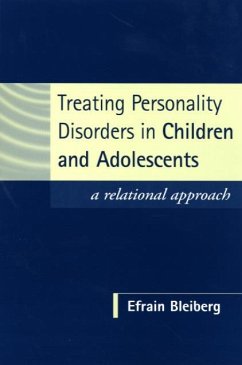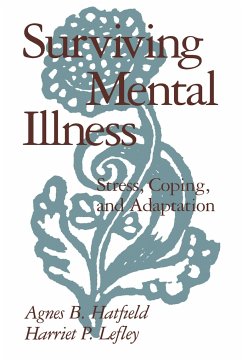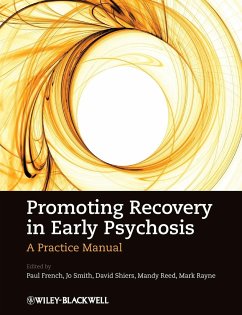Dr. Bryan Carter is a Professor with the Department of Pediatrics, Division of Child & Adolescent Psychiatry and Psychology, University of Louisville School of Medicine, and the Service Chief of the Pediatric Consultation-Liaison Service to Norton Children's Hospital. He is the primary developer of the CHIRP (Children's Health & Illness Recovery Program) manualized treatment intervention for adolescents and their families coping with the challenges of chronic illness, and co-editor with Kris Kullgren, PhD, of the Clinician Handbook of Pediatric Psychological Consultation in Medical Settings. William G. Kronenberger, PhD, is Professor, Director of the Section of Psychology, and Executive Vice-Chair of the Department of Psychiatry at Indiana University School of Medicine (IUSM). He serves as Chief of the Pediatric Psychology Testing Clinic and Co-Chief of the ADHD Clinic at Riley Hospital for Children. He is an author of several tests, including the Learning, Executive, and Attention Functioning scale (LEAF), Conduct-Hyperactivity-Attention-Oppositional Behavior Scale (CHAOS), the Pediatric Inpatient Behavior Scale (PIBS), and the Outburst Monitoring Scale (OMS). Eric L. Scott, PhD is a pediatric psychologist and Associate Professor of Pediatrics and Anesthesiology at the University of Michigan Medical School. He directs the MiPAIN (Michigan Pediatric and Adolescent Interdisciplinary Network) program, a comprehensive, interdisciplinary treatment program including physical therapy services, occupational therapy, psychotherapy, art and recreation therapy restoring health to individuals and their families with complex, chronic pain.
